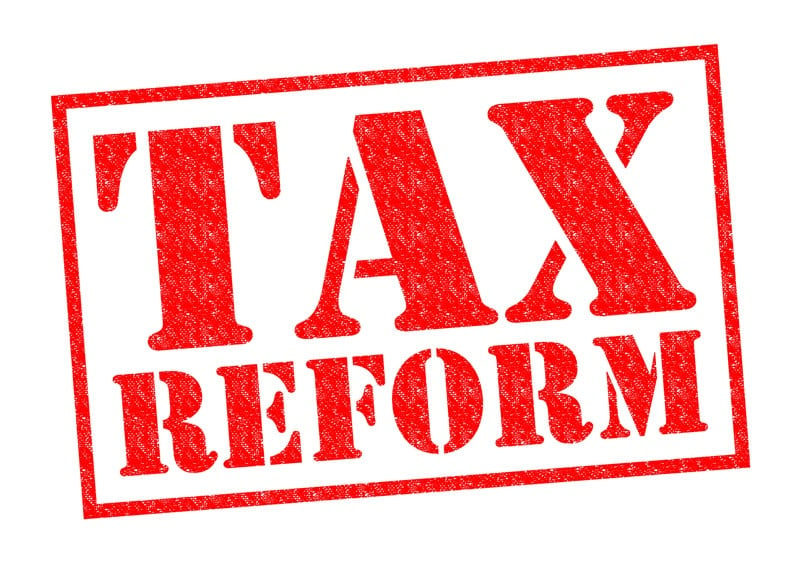Ramifications of Corporate Tax Reform
 Ramifications of Corporate Tax Reform
Ramifications of Corporate Tax Reform
New Proposed 15% Business Tax
In an attempt to stimulate growth within the United States, President Donald Trump's proposed tax  legislation attempts to change the landscape on how businesses are taxed. The President is proposing a 15% business tax rate for both C Corporations and pass-through entities.
legislation attempts to change the landscape on how businesses are taxed. The President is proposing a 15% business tax rate for both C Corporations and pass-through entities.
The Benefits of Reform in Pass-Through Entity Tax Structure
If the economy is to grow and continue upward, tax reform is required for the most common form of business. The majority of companies in the United States are structured as pass-through entities in the form of an S Corporation or partnership. According to the Internal Revenue Service (IRS), since the 1986 Tax Reform Act, there has been a significant increase in the number of tax returns being filed as pass-through entities. The IRS also states that currently 80 percent of businesses are pass-through entities which comprise 36 percent of all business receipts. In comparison, the number of tax returns filed as a C corporation has rapidly declined.
Some would argue that in order to make the United States more competitive with other countries, tax reform is necessary. After all, many countries recently have reduced their corporate tax rate. In comparison with other countries, the United States tax rate is over 16 percentage points higher than the worldwide average.
Why pass-through entity tax may not make the most sense
In an attempt to create equal taxation for both corporations and pass-through entities the President has proposed a 15% tax rate for both. However, pass-through entity income already has certain tax advantages over C Corporation earnings.
Pass-through entity income avoids being taxed at the business level. The pass-through entity income is reported and taxed on the individual owner’s tax return on a graduated tax scale. A corporation, however, is effectively taxed on its profits twice. The corporation is taxed first at the corporate level at a 35% tax rate. When the corporation distributes its earnings to its shareholders through dividends the individual then pays income tax on the dividends.
In an attempt to lower their income tax liability some highly paid individuals may set-up a limited liability company (LLC) or other pass-through entity. By having their employer pay the LLC rather than the individual, a taxpayer could potentially reduce their tax rate from President Trump's highest proposed individual tax rate of 35% to the 15% pass-through entity tax rate.
An S corporation is a form of pass-through entity. S Corporation owners have come under scrutiny from the IRS over the years. One of the common areas of concern has been reasonable compensation which impacts the overall owner’s tax liability. The S corporation member may try to reduce their wages as low as possible in an attempt to minimize payroll taxes in addition to individual income tax. On the other side, the Internal Revenue Service has made attempts to reclassify or increase the S corporation member's wages. If a pass-through entity tax was passed some owners may be more aggressive in classifying wages as business profits, potentially reducing their tax from 39.6% on wages to 15% on business profits.
Conclusion
A lot of work and details will need to be sorted through prior to tax reform being passed by Congress. Some questions include whether a pass-through entity should be subject to an additional tax on profits distributed to its owner rather than spent on expanding operations that would stimulate growth. A second question is will there be a formula placed on pass-through entity owners to prevent a manipulation of the tax code. These are only two of the issues which will need to be worked out in the details of President Trump's tax plan.
The Herbein team is continually monitoring the situation and we’ll keep you updated. Please check the Herbein blog again for further details as they become available.
or additional information, please contact Christopher F. Dingman, CPA at cfdingman@herbein.com.